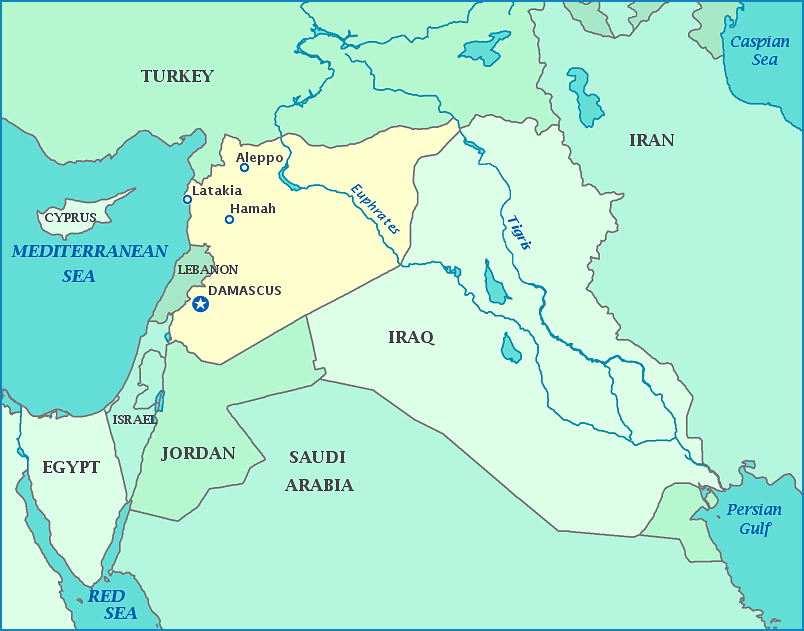The Dish flags a few studies that suggest it will not.
Both 2305 and 2306 begins with a look at why these introductory classes are required and I try to make the point that it has a lot to do with the notion that an educated and engaged population is more likely to sustain a democratic republic than one that is not. Keeping a republic is one thing, establishing one is another, and it is much more difficult to accomplish.
A special discipline within political science focuses on the factors that allow for nations to democratize. Writing in Reason (a libertarian magazine that some of you might find worth a look, at least since we will be discussing libertarianism soon enough)
Robert Bailey digests the research and sees four principle factors that help determine whether a specific country may be a proper candidate for democratization.
The lack of these factors leads the authors to predict that the countries that recently went through the Arab Spring will likely slip back into autocracy.
Youth, or more precisely, fertility rates: The younger the population, the less likely a nation might transition into a democracy. The older the population, the lower the fertility rate. Why does this matter? Because fertility rates are taken to be an indication of the amount of control people have over their lives. Older people are better able to challenger autocratic structures and support their replacement with democratic ones. The median ages in the middle east are far lower than those in the US and Western Europe.
This thought sticks out. Gender matter as well: Democratic countries with large populations of young males are more likely to become dictatorships than those with smaller populations.
History: None of the middle eastern nations at issue has experience as democracies. Since the 1960s, the middle east has become more autocratic. There is no experience of self rule nor memory of working within institutions that allow for representation.
Income: The wealthier the nation, the more likely they will become democratic, and then sustain that democratic system. Studies suggest that $6,000 per capita income is the threshold. Above that line democracies take hold and are sustained, beneath it they do not and are not. None of the nations at issue have incomes above that level.
Complexity: This is a fancy term that refers to the "range of social, political, and economic interests" that exist in a nation. The fewer the interests, the easier it is for one person and his supporters to impose their will on a population by establishing an autocratic government. Complex societies are more difficult to control.
The author also suggest that this is related to the level of violence that occurred in a revolution against an autocracy. The greater level of violence, the greater chance that social institutions have been destroyed, which creates an easier opportunity for an autocratic system to develop. Opposing forces have been eliminated.
This might be worth a class discussion - you call.

